Category:
Topic:
02/03
Sophisticated technology analysis made easy
The global data analytics platform for policy makers, investors and corporations financing emerging technology.
03/03
Get in touch
Connect with us in your preferred channel.
Category:
Topic:
02/03
Sophisticated technology analysis made easy
The global data analytics platform for policy makers, investors and corporations financing emerging technology.
03/03
Connect with us in your preferred channel.

National sentiment is something many expected to disappear in the 21st century. We may have thought the online space would be borderless, but it is rife with nationalist conflicts, reflecting happenings in the physical world.
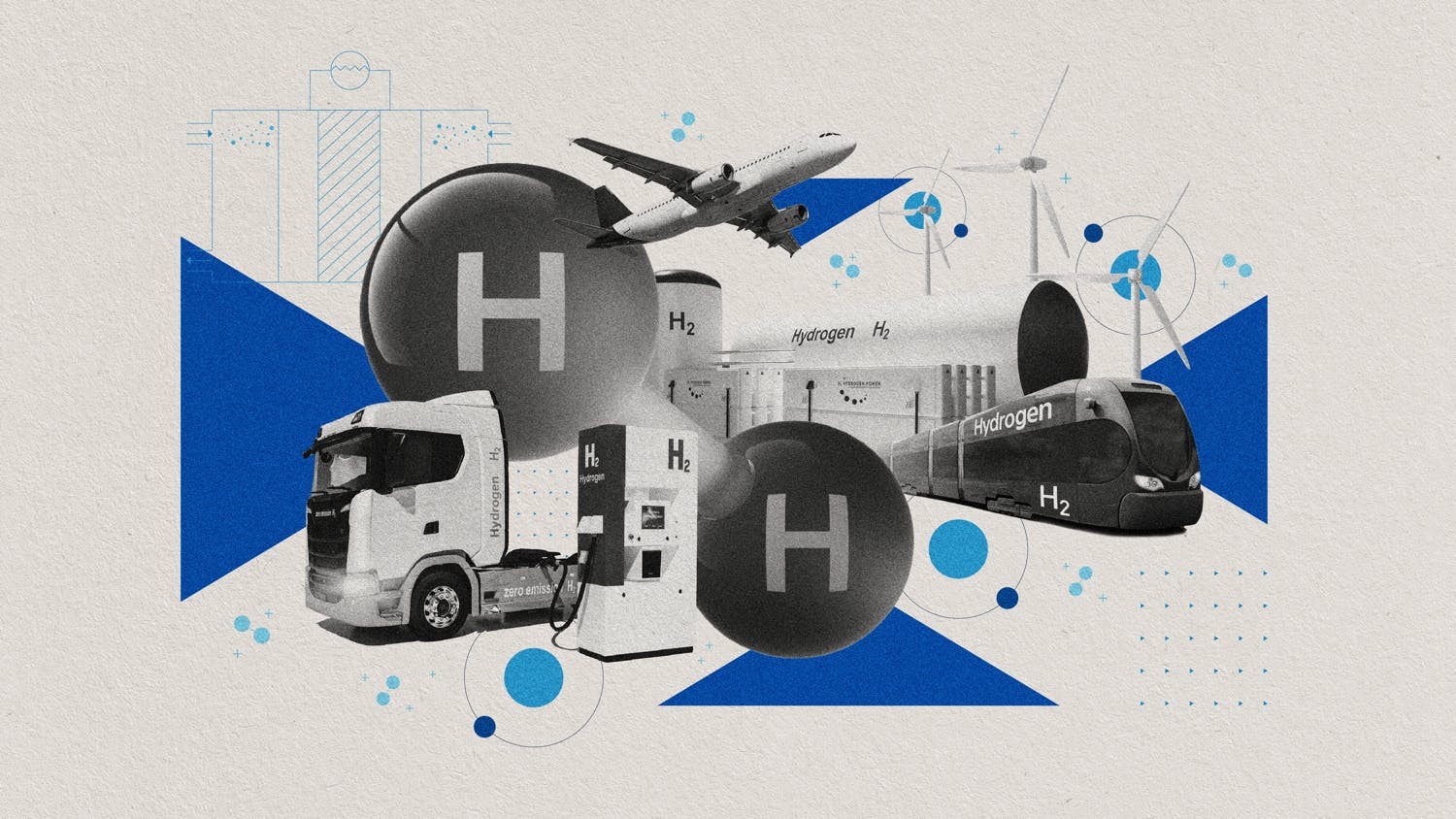
On November 2nd, the COP26 launched the Glasgow Breakthroughs. Five key sectors, including hydrogen, were identified as priorities. Green hydrogen components—like fuel cells—could impact transportation and shipping, industrial ecosystems, and the global energy market.
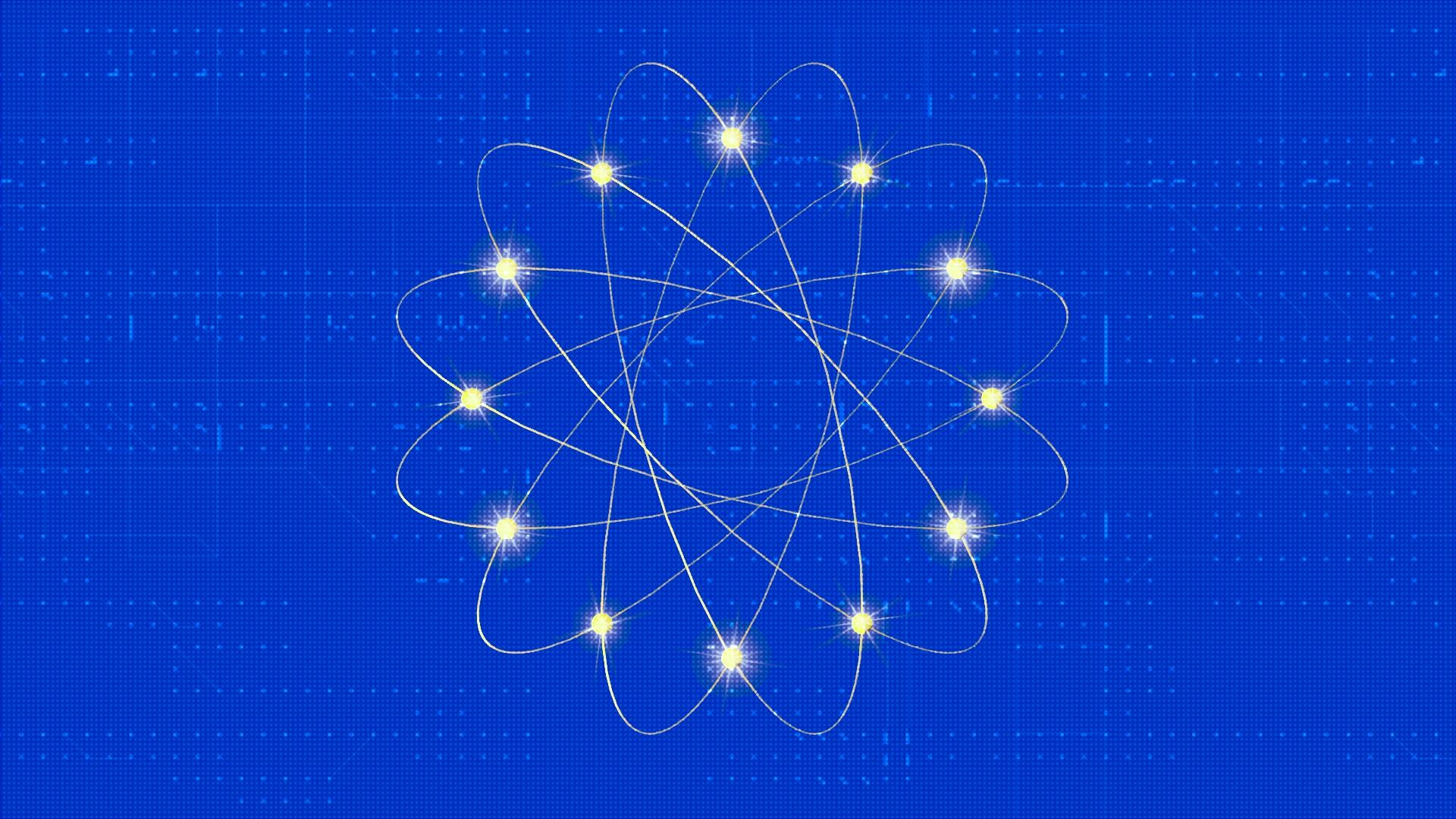
The US, China and the UK lead in quantum computing R&D, with the US topping all other countries in patents, publications, grants and investments. France and Germany lead in Europe. In 2021, Angela Merkel unveiled the first quantum computers, developed by Fraunhofer-Gesellschaft and IBM.
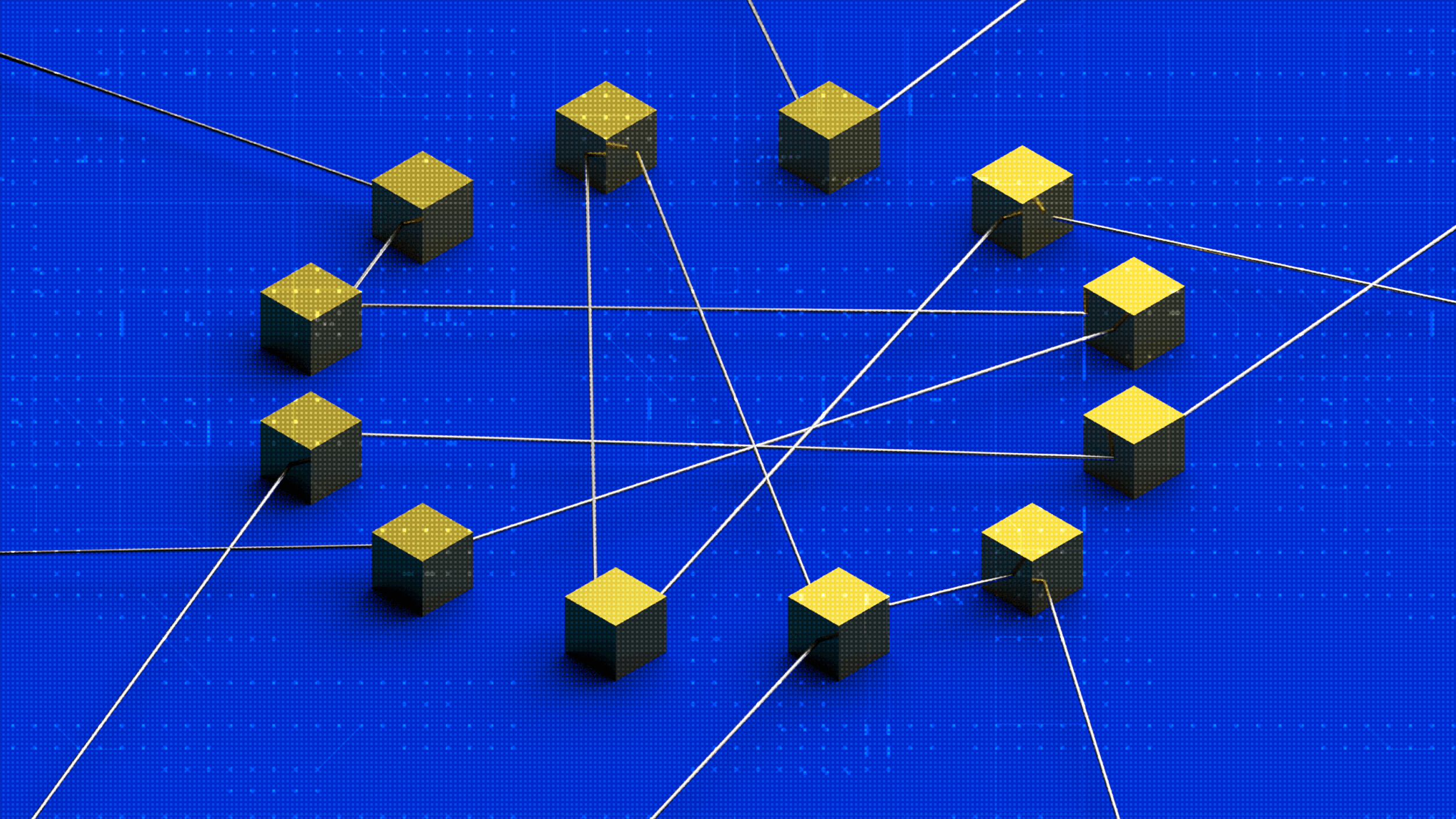
According to L’Atelier’s technology intelligence engine, the European Commission, through Brussels, has been the highest investor in blockchain initiatives via grants since 2016. It spends almost six times the US budget for the same technologies.
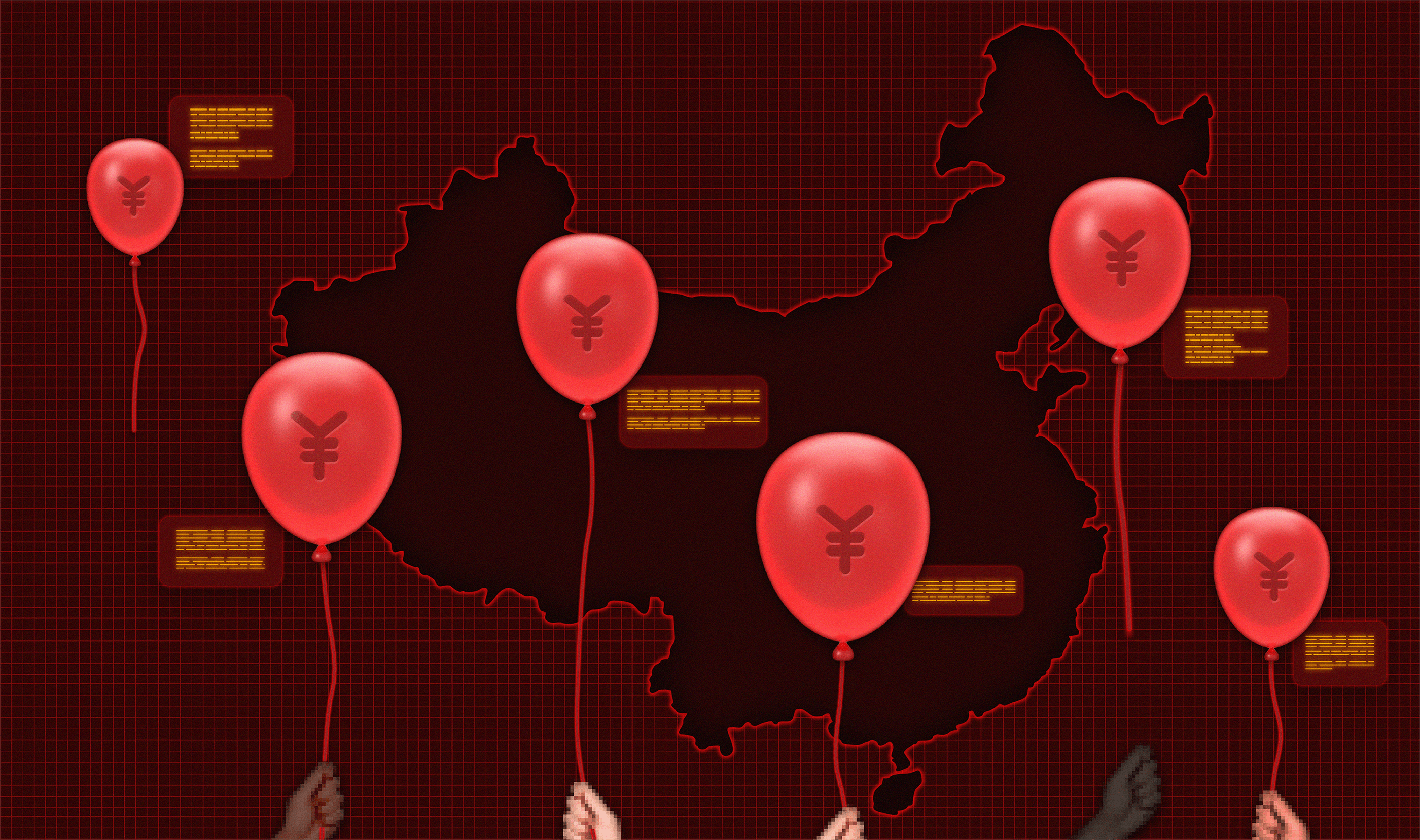
It is impossible to know the full calculus behind Xi’s hopes for “trickledown” common prosperity. While his aim of levelling the playing field is, likely in part, driven by a motivation to maintain personal and party power, his recent reforms will make at least a small dent in China’s rampant inequality.
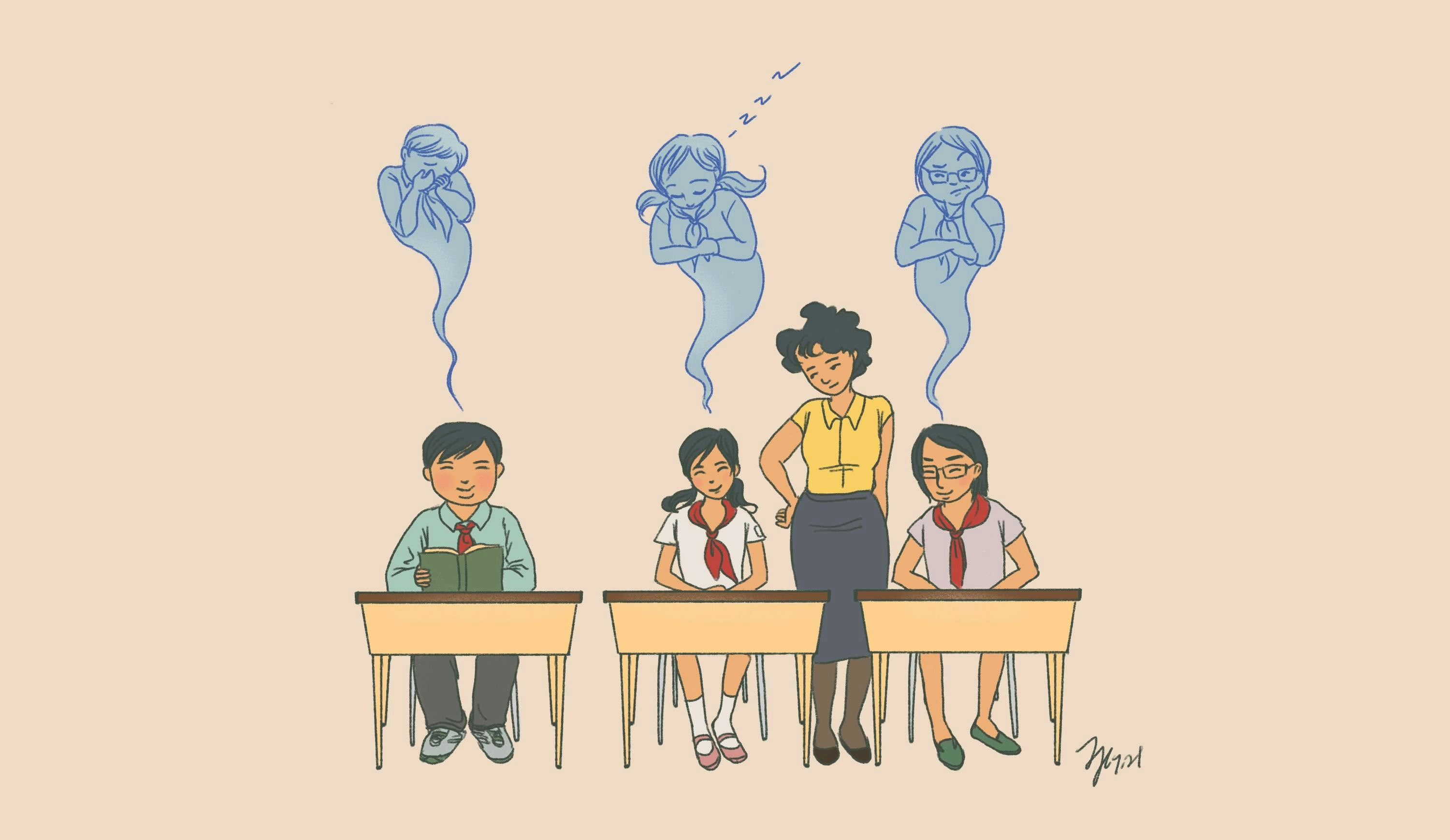
The concept of AI-enabled emotion recognition, philosophically in the same vein as predictive policing, aligns with the longstanding CCP principle that thoughts and feelings can be corrected, rendering problematic behaviour impossible to carry out.

Covid-19 has normalised unconditional welfare transfers, even in societies traditionally resistant to public “giveaways.” What existing precedent exists for universal basic income, and how could it impact the virtual economy ... not to mention the one most of us still live in?

It is unclear exactly how much economic or innovative leeway tech companies and individuals operating in China really have. Is participating in a Taobao village considered innovative? What about the farmer peddling her wares via livestream? Is it possible to perceive, and thus safely navigate, government-accepted boundaries of invention and profit?
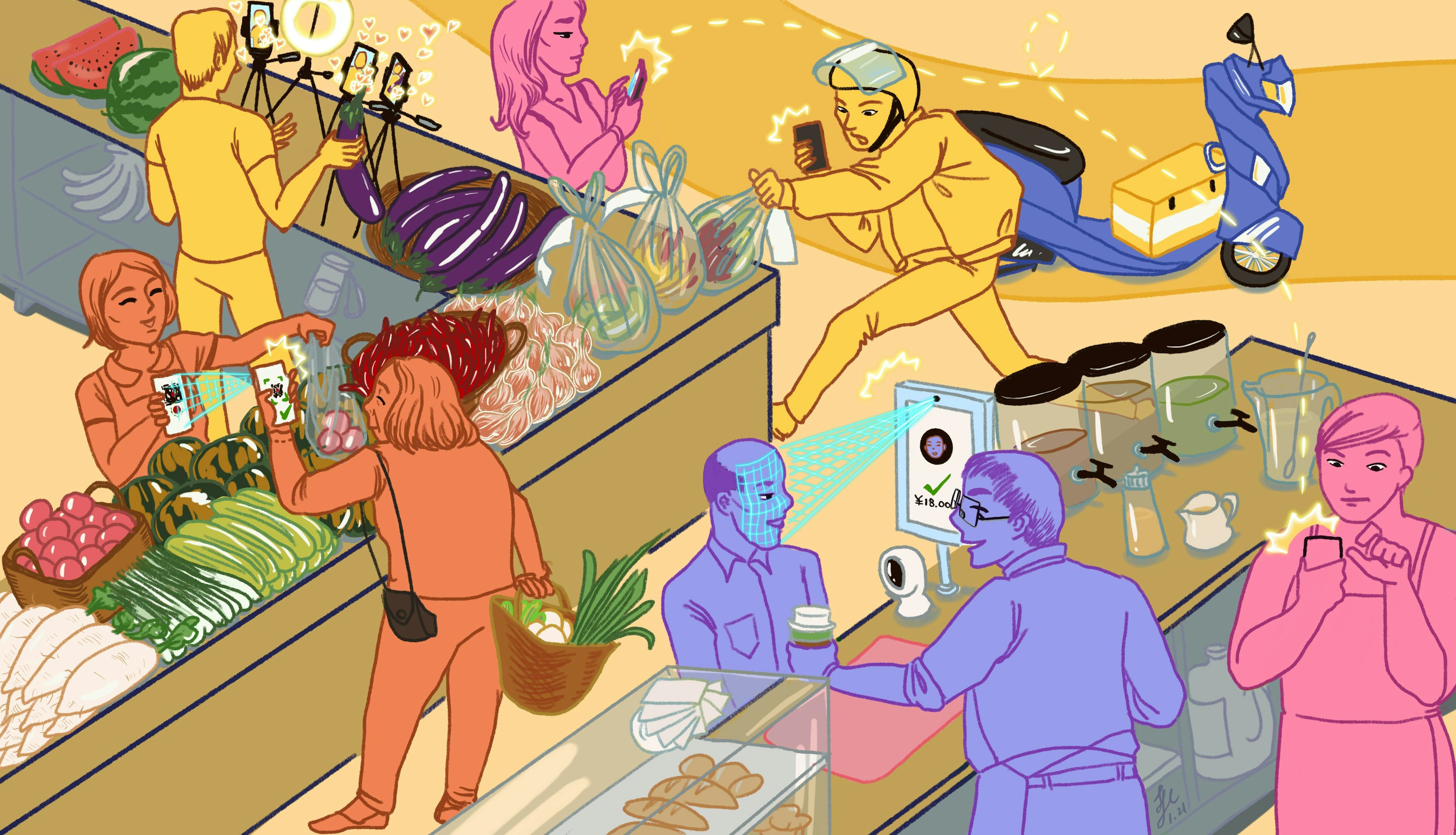
People define an economy. That does not change when the economy goes online. Stories about systems are stories about people... and despite significant regional distinctions, people in China are exploring the boundaries of our physical and virtual economies.